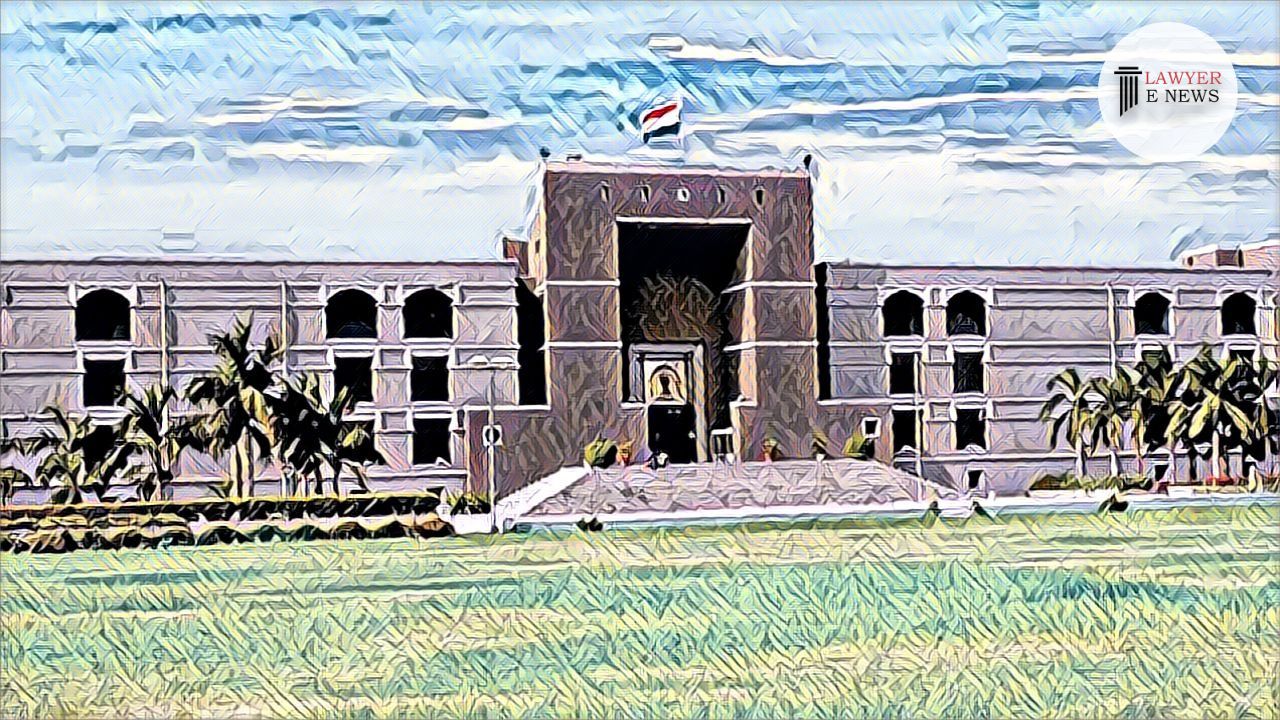-
by Admin
16 February 2026 1:47 PM



In a significant ruling, the Gujarat High Court has set aside the judgment of a lower court in a cheque dishonour case, emphasizing the necessity of a thorough examination and fair trial. The case, involving Section 138 of the Negotiable Instruments Act, 1886, saw the respondent-accused acquitted by the trial court on the ground that the complainant failed to identify the accused in court. This judgment was challenged in the High Court.
The High Court, presided over by Honourable Mrs. Justice M. K. Thakker, observed, "Mere non-identifying to the respondent-accused would lead to the conclusion that respondent-accused had rebutted the presumption which is in favour of the complainant." This critical observation underscored the flawed rationale in the trial court's decision.
Further delving into the matter, the High Court highlighted the importance of identification in cheque dishonour cases. The Court noted that the prosecution in Section 138 of the N.I. Act differs significantly from other criminal prosecutions, as it does not necessarily signify criminal intent. The Court remarked, "The proceedings under Section 138 of the N.I. Act, though criminal in nature, do not really signify the criminal intent and flow from the act, the basic object and the purpose of N.I. Act is to harness the violators of the transactions arising from the Mercantile Law."
The High Court criticized the trial court for its hasty decision-making and limited cross-examination, stating, "Learned trial Court ought to have followed the procedure in fair and judicious manner and ought not to intend to serve a short cut to dismissal of case by snap judgment."
In its decision, the High Court has remanded the case back to the trial court for fresh adjudication from the stage of cross-examination of the complainant, ensuring that both parties are given a fair opportunity to present their evidence. This ruling not only sets a precedent for handling cheque dishonour cases but also reinforces the principle of a fair trial in the judicial process.
Date of Judgment: 22 January 2024
Patel Malpeshkumar Kantilal VS State Of Gujarat
